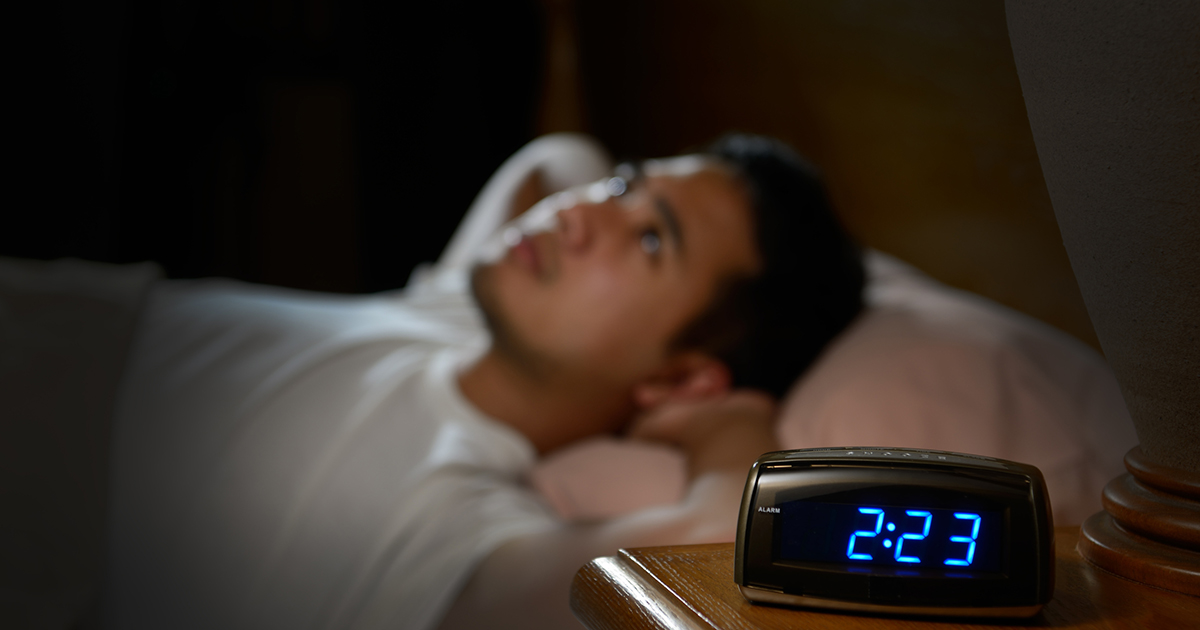What Causes Circadian Rhythm Disorders?
Changes In Sleeping Routine

Changes in one's sleeping routine may gradually lead to the development of a circadian rhythm disorder. For example, if an individual stays up all night for one or more nights in a row to study for an exam, they may experience daytime sleepiness, and it may start to feel as if day and night have been reversed. To prevent changes in sleeping routine from getting out of hand, sleep specialists advise that patients practice good sleep hygiene. This includes keeping the bedroom dark and cool and not using the bedroom for activities like watching television or going online. Going to bed and waking up at the same time each day, including on the weekends, is also recommended. Exposure to bright light soon after waking up in the morning can help with regulating sleeping patterns, and patients should avoid the blue light from electronic devices at least one hour before bedtime.